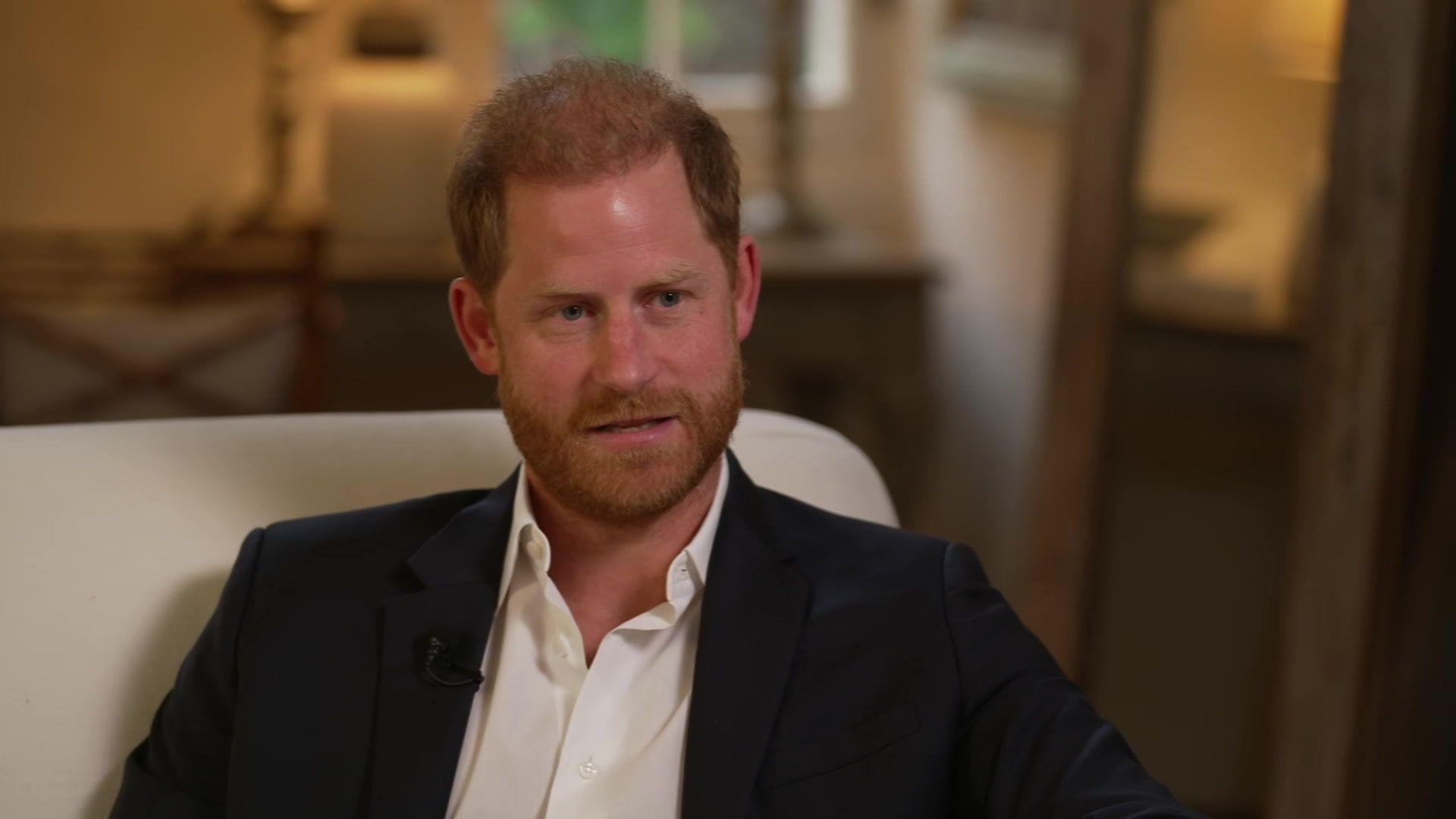Money assistance to young Russian people launched a discussion around the birth rate – BBC News in Serbian
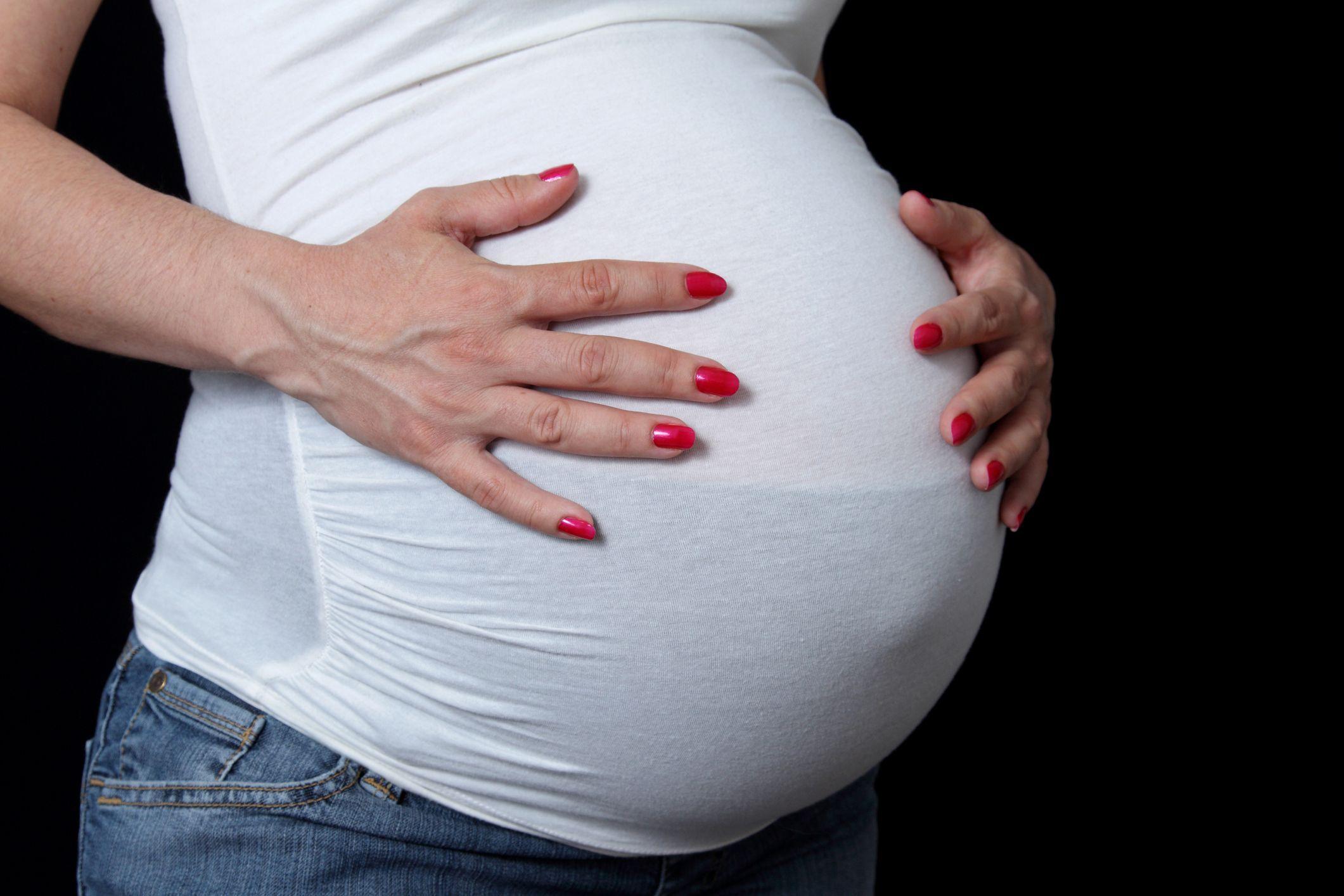
New programs that pay financial assistance to pregnant students, even to students, provoked polemics throughout Russia.
Critics warn that they carry the risk of encouraging teen pregnancy and that their goal is to recover the steepfall drop rate of birth rate.
According to BBC calculations, 27 areas since the beginning of January 2025. started programs according to which pregnant regular students in higher education have the right to disposable financial assistance.
In most areas, women under 25 are eligible for this type of assistance.
The amount of payment depends on the area to the area, but in many parts is 100,000 rubles (about 1,066 euros).
The order of the Ministry of Labor from February covered a provision on the worthy of monetary assistance to pregnant students as part of « Regional Programs for Natality ».
‘Tragedy rather than heronistics’
Three fields, Orel, Bryansk and Kemerovo, expanded their programs to pregnant girls in schools, which means it is valid for teenagers that are 18 years or less.
The lower age limit is not defined.
In Russia, the legal limit for sexual interrelations is 16 years old.
Ksenija Gorjaceva, MP Russian Duma, Loyal Government of President Vladimir Putin, criticized such practice.
« When a child tells a child, it’s not heroism, but a tragedy.
« We must not use the naivety of children as a way to correct demographic statistics, » she says.
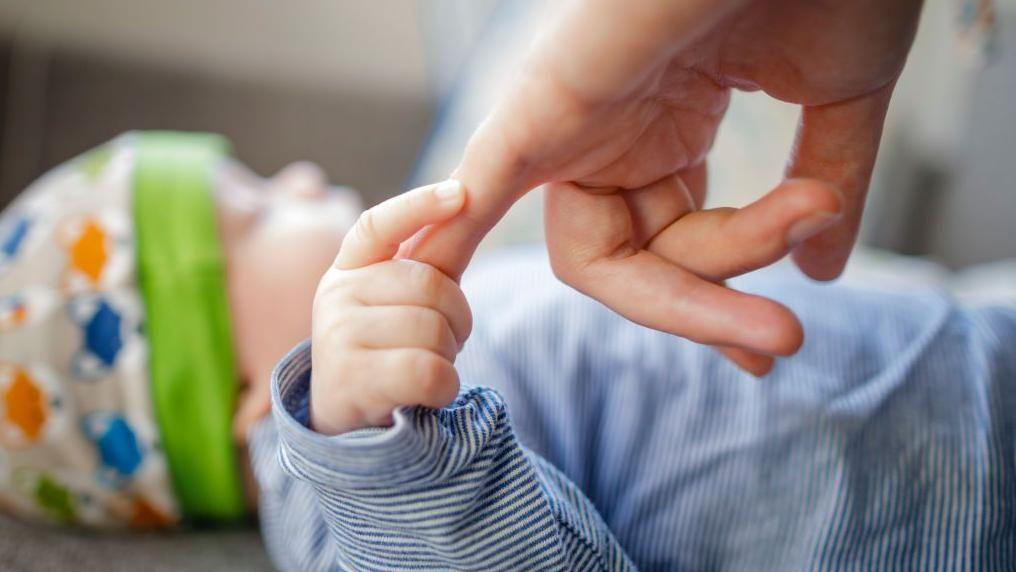
The famous Proponent of Family Rights from Duma, Nina Stanina, claims that such payments could be understood as « propaganda for early labor », which, as it says, contrary to « traditional values ».
Stay indicates that the government is not trying to encourage women under 18 to give birth.
Andrej Klickov, the Governor of Orel region, said this step should be understood as a « measure of support » to people, approved at the federal level, and not as a suspicious news for dramatic newspapers in the newspaper « .
‘Catastrophically by country’
At least children in Russia in the last quarter of the century, 2024 were born. – Only 1.2 million.
In July, Dmitri Peskov, the Kremlin spokesman, described the birth rate as « terribly low » and « catastrophic for the future of the country ».
Until 2046. The country’s population could fall into 139 with 146 million from the beginning of 2023. year, the Russian Statistical Office of Rosstat envisages.
Demography has been one of the permanent topics in the speeches of President Vladimir Putin for years.
In December 2024, he said that « improving the demographic situation, support for birthability and large families a priority national goal ».
In recent months, they also reinforced the calls to start families earlier.
Speaking at the National Conference in February, Igor Kogan, Professor of the Russian Academy of Sciences, stated that the first sexual experience of Russian girls (for which he said he usually happens at 16), should be « finished pregnancy and successful childbirth. »
He later explained that he thought that « normal » would be a year for it somewhere between 19 and 22 years.
Mother capital
A small number of women have received new financial aid so far.
The BBC has collected records of 66 pregnant students who have received a payment between 20,000 and 150,000 rubles (214 and 1,609 euros) in different areas of Russia.
Anton Kotjakov, Minister of Labor, said in April that the goal of this monetary assistance was not to encourage early birth, but to support young mothers in difficult situations.
« State aid should be directed towards all the mothers who need it.
« No matter how old it is, we must not leave it alone in the life situation that he confronts, » he said.
New payments are followed to existing programs, including « Mother Capital » – Payment introduced in 2007.
At first she was awarded for another child, but later expanded to include the firstborn children.
The families are now receiving 690,000 rubles (7,360 euros) for the first baby and another 222,000 rubles (2,370 euros) for another.
New payments are added to students and students of these already existing ones.
Wider trend
The fall of birth rate and women that base families later in life are a wider trend, especially in richer countries.
The number of births in Russia has dramatically dropped dramatically during the 1990s, with two million in 1990, to 1.2 million, as many as nine years later.
The numbers jumped again after 2000. But they have fallen since 2016. – Partly that generations born in the 1990s were less, but also that the number of born children per woman.
The Russian birth rate is about 1.4 children per woman – above Italy with 1.2, but below France with 1.8, according to the Organization for Economic Development and Cooperation (OECD) from 2022. years.
In order for countries to maintain a number of inhabitants, not counting migration, that rate must be around 2.1.
Some observers indicate that due to Ukraine in Russia, economic uncertainty, just like the number of Russians engaged in the fighting or who left the country to avoid recruitment.
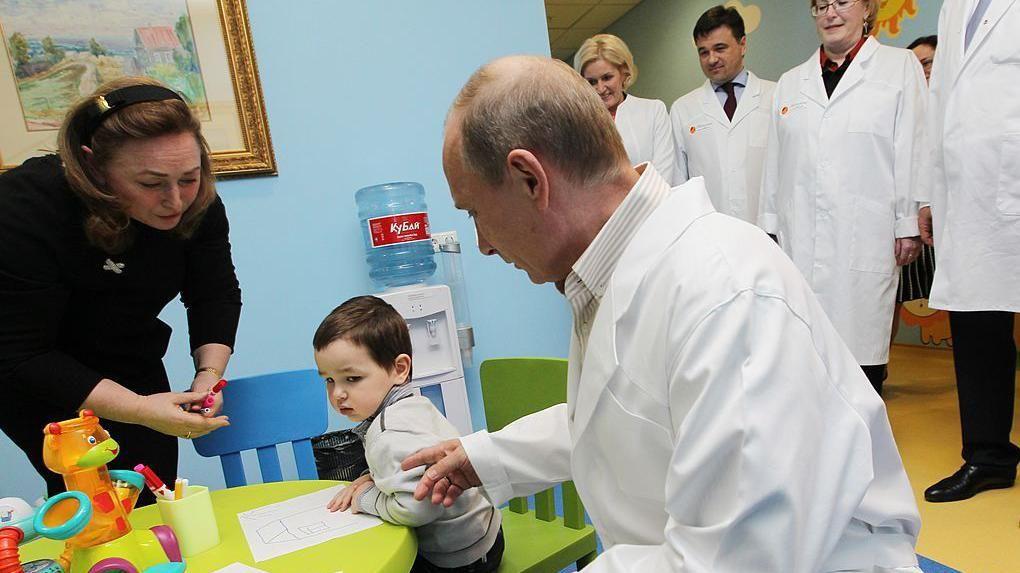
‘Jump and fall’
Experts say that efforts are governed to change demographic trends rarely successful in long run.
« Attempts to encourage the birth rate of firstborns did not give results in recent years neverwhere, neither in Russia abroad, » said an independent Russian demographer of Alexei Raksha.
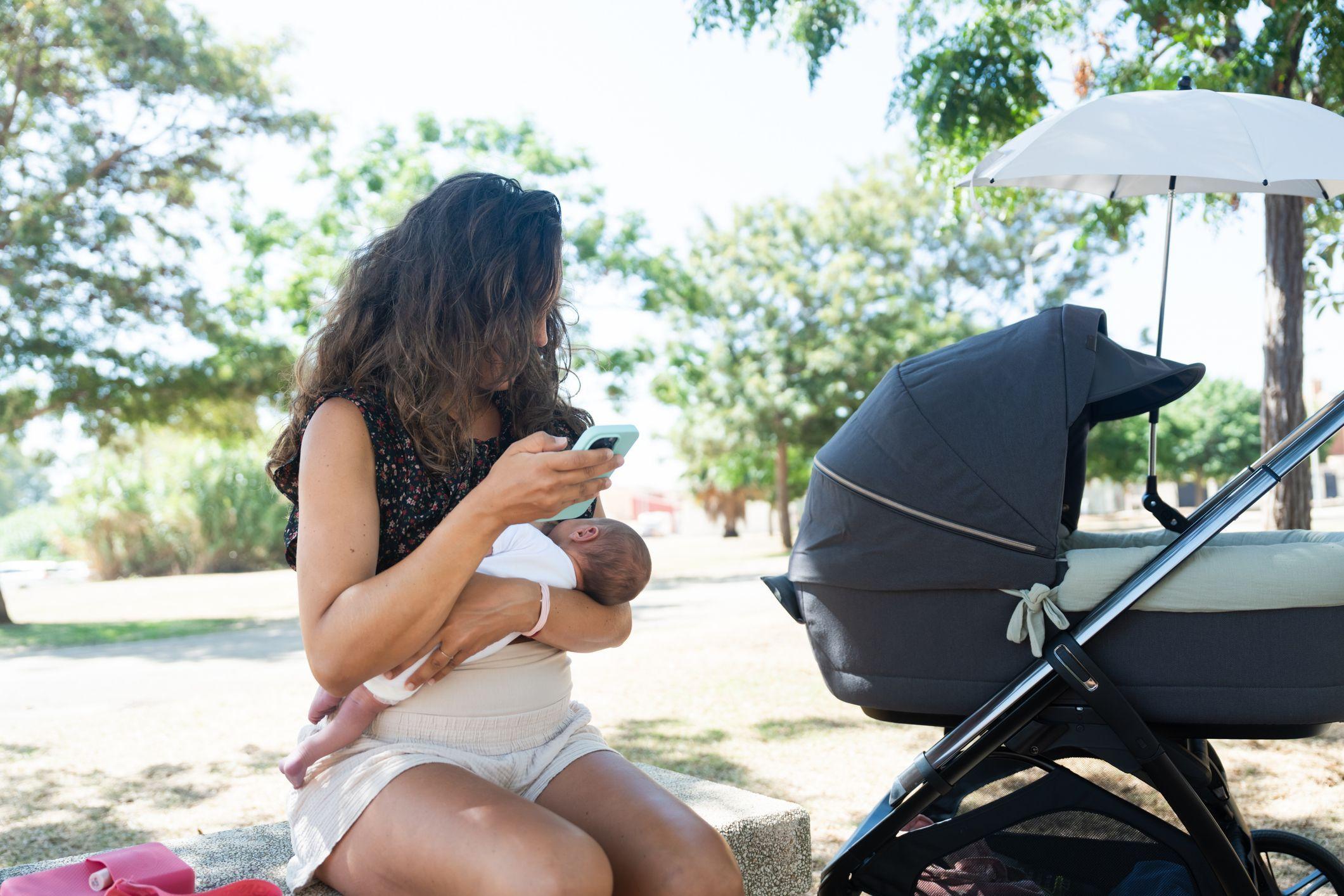
However, he indicates that the introduction of mother capital for another child, at first, increased the birth rate in Russia.
John Ermis, Professor from the Oxford University of Family Demography, says the impact of financial incentives is usually temporary.
« You get a short jump, and then fall, » he adds.
He is even more skeptical about the idea to encourage birth rate among women under 20 years of age.
« In the UK and the United States, the goal is to reduce the rate of teenage pregnancy, because it often leads to social problems and damage to the mother’s health, and not to the larger families, as some governments would like to hope, » he said.
Both John and Alexes argue that the important role is to play broader financial security.
« Without feeling stability, women will not give birth to any sum of money, » says Professor Ermish.
Watch the video: Why russians rushed in Argentina to give birth
See this video too: How does the South Korea government try to solve the low birth rate
The BBC in Serbian is from now on and on the morning, follow us Here.
Follow us on Facebook, Twitter, Instagram and Vajiberu. If you have a topic suggestion for us please contact (Email Protected)

